Accessory maker Spigen claims Andy Rubin's Essential is infringing on its trademark
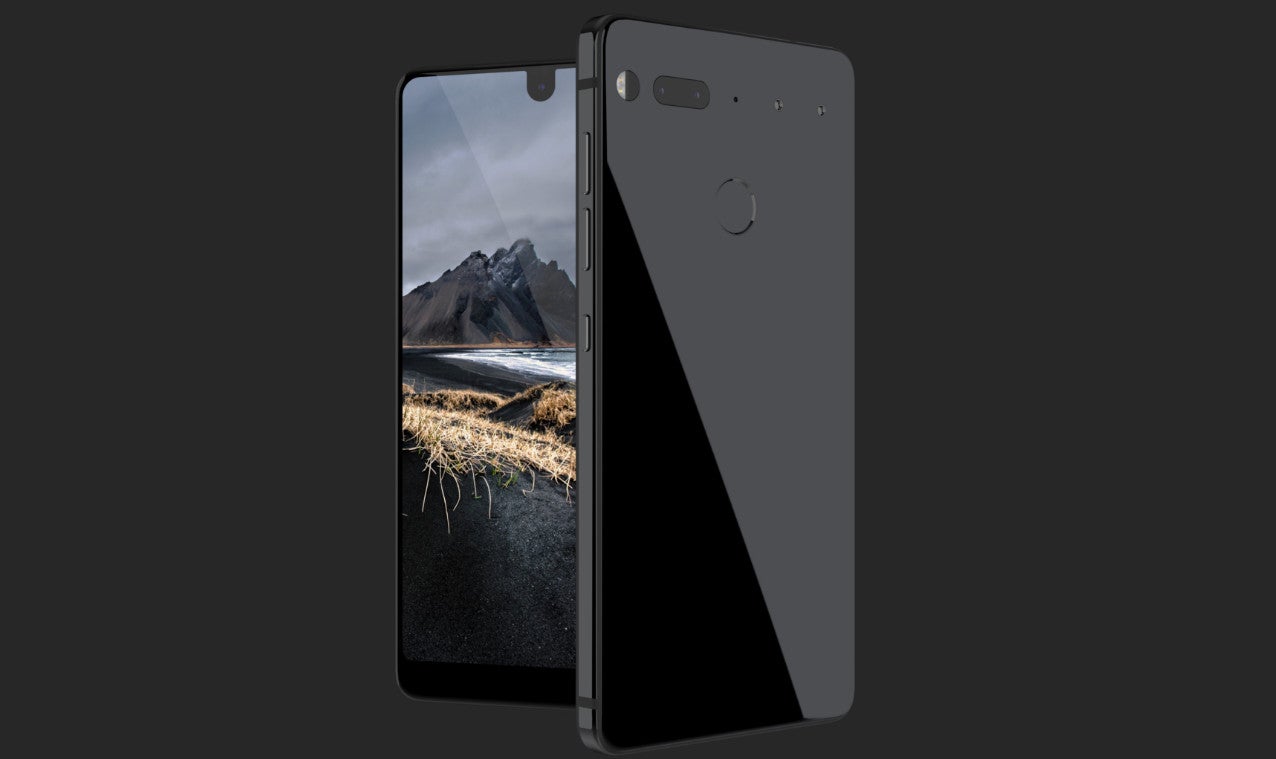
(Side note: the USPTO has listed another possible source of trademark confusion: a Sony Music-owned record label named (surprise!) Essential Records, though the case there is considerably thinner.)
A Spigen spokesperson has confirmed the company's intention to take action against Essential. A cease and desist letter sent June 1 gives Rubin's company until July 15 to respond, or otherwise the accessory maker threatens to "take any and all actions required to protect Spigen's marks."

But before you accuse Spigen of being greedy, consider the following: United States trademark laws are structured in such a way that the owner of a trademark is forced to dispute any possible infringement, or risk the trademark be marked as abandoned or generic. And while a few courts have taken the exact opposite stance – that failure to police a trademark has no effect on its validity – most companies, as one might imagine, are unwilling to take their chances.
Essential seems pretty confident in the ownership of its brand name
But as for the other side of the argument: Essential seems to have clearly been aware of the problems concerning its trademark, but decided against taking any action before its product announcement. This could mean one of two things: either Rubin and co. are confident they have a case against Spigen's claim to the name, or they are simply banking on settling after the fact. In any case, the company doesn't seem particularly concerned with the case, as an official statement sent to Android Police says:Threat letters are commonplace in our sector. While it’s Spigen’s prerogative to make assertions, Essential believes they are without merit and will respond appropriately.
As for possible outcomes, there are a few: Essential could, in theory, sell its products under a different brand name (extremely unlikely). Or, it could fight Spigen's claim on the Essential name, which is a possibility, given the company's statement (though the fact that it wants to sell phone accessories under its name will surely be problematic). What is most likely to happen, however, is the two companies simply settling – either by Spigen licensing its brand name to Essential, or outright selling its ownership of the trademark.
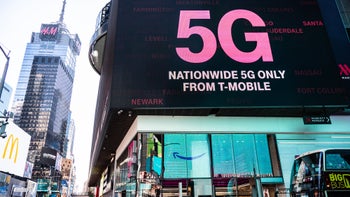

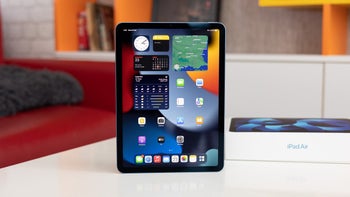

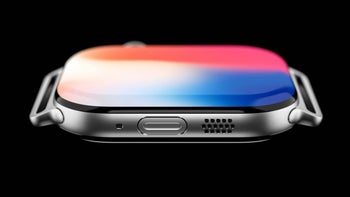
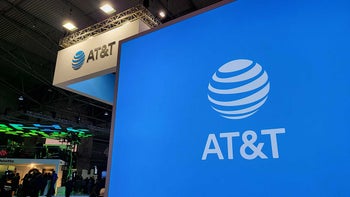
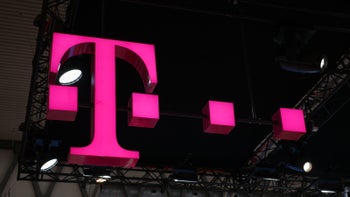
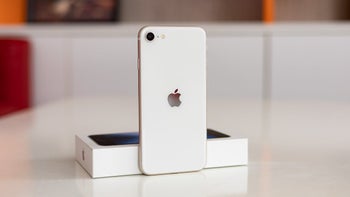

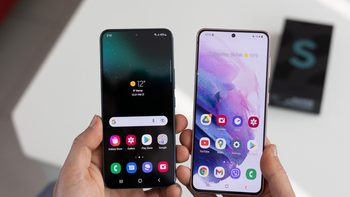


Things that are NOT allowed: